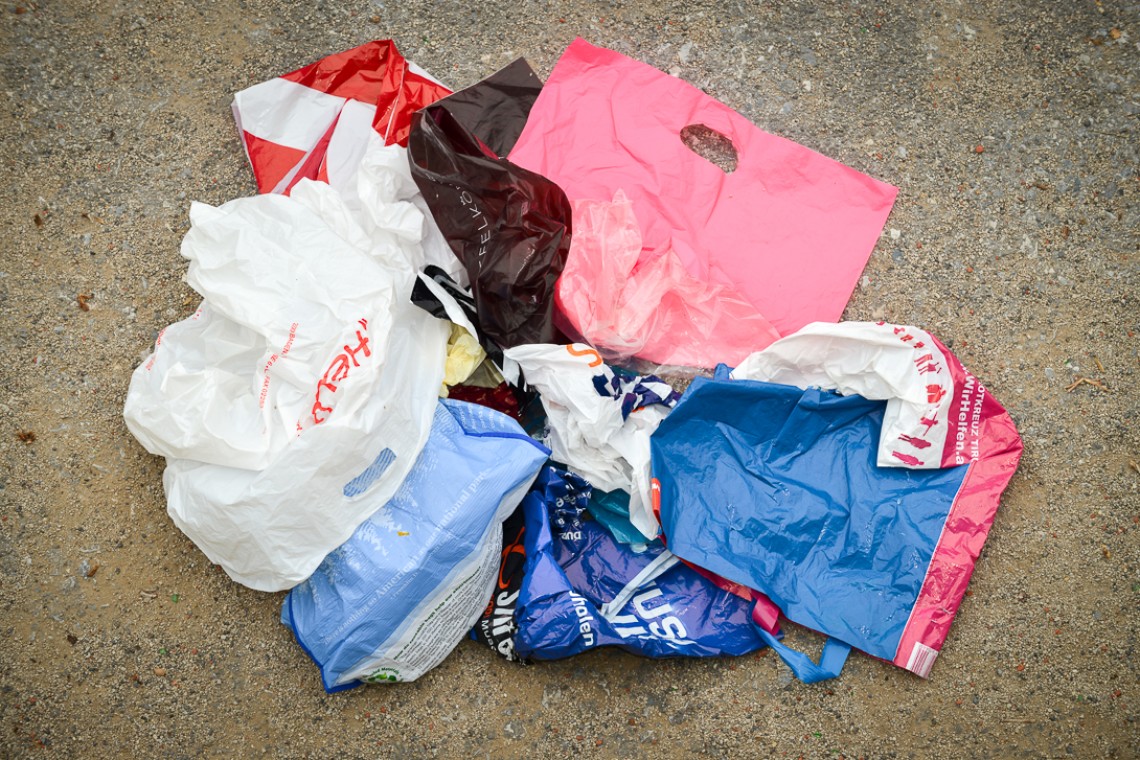Plastic bag ban voted through
On 2 July 2019, the National Council voted to have a plastic bag ban in place by 2020.

In Austria, between 5,000 and 7,000 tonnes of plastic bags are produced per annum. In many cases, plastic bags are used only once and not properly disposed – resulting in a massive impact on the environment.
Starting from 1 January 2020, single-use plastic bags will no longer be available in Austria. Sustainability Minister Maria Patek describes the ban as an essential contribution to waste management. This law is a clear pushback on throwaway society. The future lies in sustainable reusable articles.
The ban does not apply to:
- Very light carrier bags (fruit bags or knot bags) that are biodegradable and made from renewable raw materials.
- Reusable bags made from synthetic fibres that are designed for multiple use and have sewed seams or sewed on handles or handles that provide adequate stability.
- Biodegradable fruit bags made from renewable raw materials. They do not damage the environment and are needed for hygienic reasons when handling fresh products (fruit, vegetables, meat and fish). The maximum allowed wall thickness is 0.015 millimetres.
- Rubbish bags, dog poo bags, or freezer bags. Plastic bags are defined as "bags with handles or grips made from plastic".
The ban is generally applicable to all retail sectors where plastic carrier bags are handed out to end consumers, including supermarkets as well as fashion and furniture stores. Retailers who have already ordered or manufactured carrying bags with special logos, for example, will have 1 year, i.e. until the end of 2020, to sell off any remaining stock.